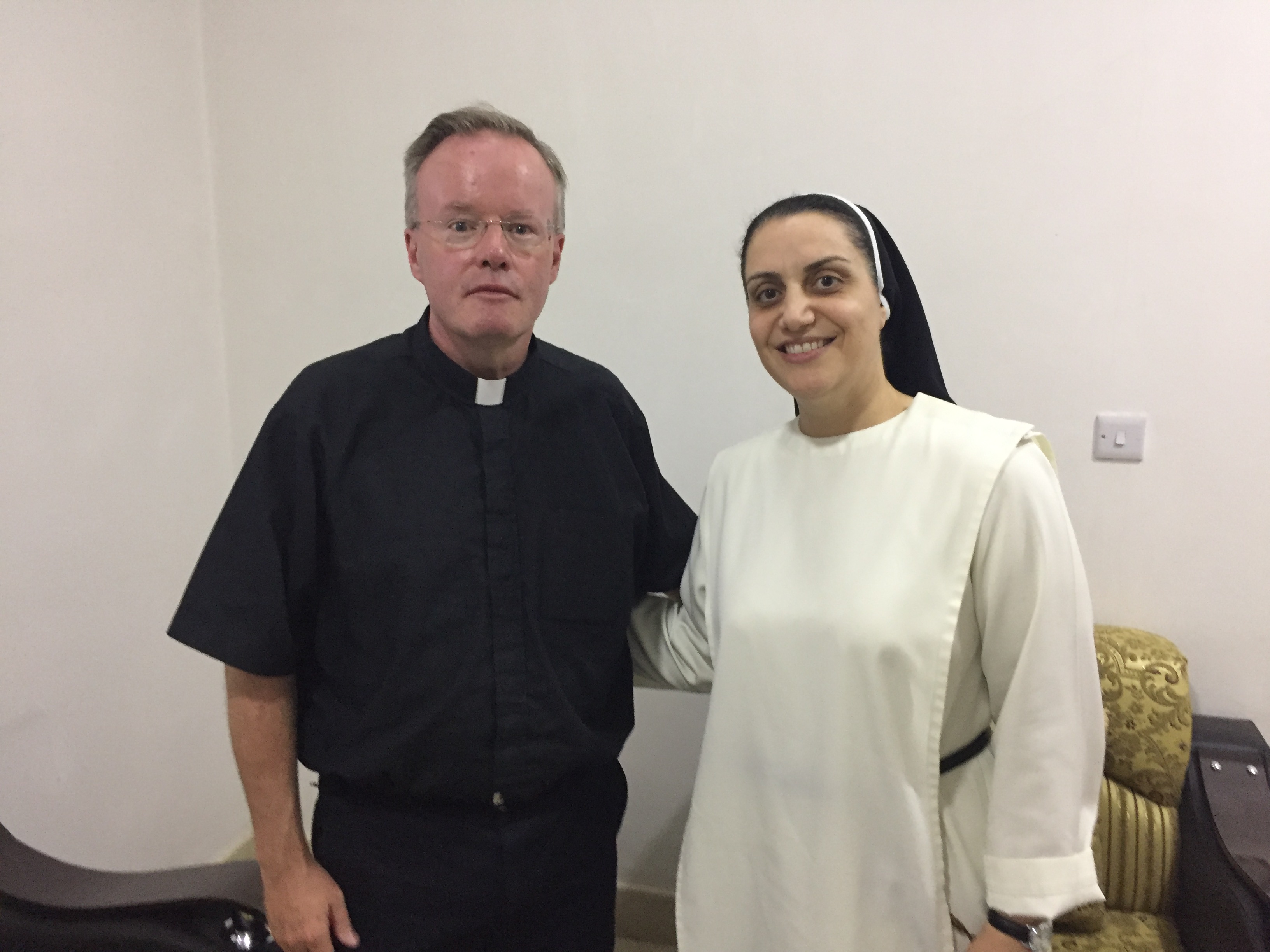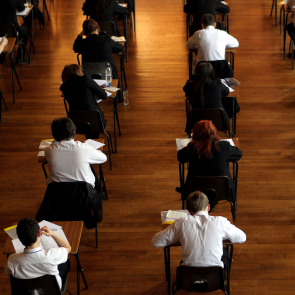The Catholic Education Service (CES) and the Bishop with special responsibility for religious education have reacted with outrage at a new pamphlet calling for urgent reform of religion in schools in England and Wales, written by former Home Secretary Charles Clarke and Professor Linda Woodhead and launched at the House of Commons on 17 July.
Entitled 'A New Settlement Revised: Religion and Belief in Schools' the 31-page booklet of recommendations is a bid to update the laws governing religion in schools from the Education Act of 1944 and bring them into line with Britain’s current religious and cultural landscape in which a majority of people say they have no religion.
However, a CES spokesperson said they are “not happy” and described the pamphlet as “a direct attack on the Catholic Church” and “a fundamental attack on religious liberty.”
Of particular concern to the CES is the call for a national syllabus for RE, which the authors say should be determined nationally and not locally to “raise the academic standard of religious education” and stop schools regarding good teaching of RE as “an irksome appendage to the rest of school life”. They also advise the name of the subject could be changed to “Religion, Beliefs and Values”. The CES, which acts on behalf of the Catholic Bishops’ Conference to support Catholic education, said this will result in RE being taught as “an exclusively sociological subject” and will mean “the Anglican state dictating their version of Catholicism.”
“It will also strip the Bishops of their right to set the curriculum – it’s incredibly misguided”, continued the CES spokesperson.
Bishop of Leeds, Marcus Stock, who is also on the committee for education and formation with special responsibility for religious Education, told the Tablet that the recommendations are “unacceptable for two reasons".
"Firstly, that the State can impose a national RE curriculum, which would dictate what the Church is required to teach in Catholic schools. Secondly, the curriculum they suggest contains no theological content, which is at the core of Catholic RE,” he said.
He continued: “We accept there is a need to improve RE in all schools and Catholic teachers and academics have been actively contributing to this discussion, producing suggestions that would work within the plurality in our country’s schools sector, allowing for all schools to choose between RE as a theological discipline and Religious Studies as a sociological discipline.”
“Catholic schools are the most successful providers of Religious Education in the country. This is because we take it seriously as a rigorous, theological academic subject. However, rather than look at the sector that does it the best they have opted for a reductionist approach which is exclusively sociological and has no consensus amongst RE professionals.”
In terms of faith schools, the pamphlet says Catholic and other faith schools should still be able to give priority to children of faith first “where possible” with the caveat that the admissions policy and school ethos are transparent. It added that they should make greater attempts to “promote inclusivity” and that “churches and other bodies should make strong and continued progress in reducing the numbers of their schools where faith is a criterion for admission.”
The CES spokesperson said: “There’s no appetite for getting rid of faith schools as they produce great results. They can’t shut them down but this is a backhanded way of taking the Catholic out of Catholic schools.”
The pamphlet follows the authors’ original document – 'A New Settlement – Religion and Belief in Schools in 2015'. It incorporates further research and debate carried out by the Westminster Faith Debates and the AHRC/ESRC Religion and Society Research programme supported by Lancaster University.
The CES said: “We made it clear when they were compiling the report that we were not happy [with what its authors were suggesting]. They have launched this in full knowledge it would be unacceptable to us”.
Professor Linda Woodhead said: “Following the launch we will be carrying out more research on the state of religion in schools, and seeking the widest possible support for the needed changes amongst government and across the faith communities and other key constituencies.”



 Loading ...
Loading ...